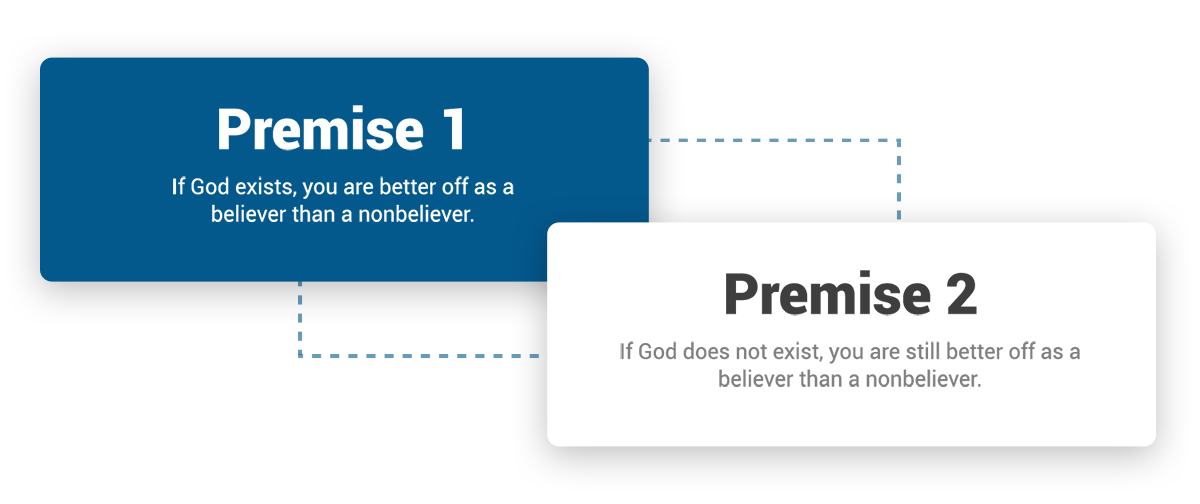ARE BIBLICAL MIRACLES JUST MAGIC TRICKS THAT FOOLED SIMPLE PRIMITIVE PEOPLE?
ARE BIBLICAL MIRACLES JUST MAGIC TRICKS THAT FOOLED SIMPLE PRIMITIVE PEOPLE?
Let’s Explore The Answer
Let’s Explore The Answer
We live in a world where almost anything seems possible. Technology and computer tricks of today make it almost impossible to discern fact from fiction. Movie effects no longer amaze us as we’ve come to expect fantastical creatures to come alive in realistic far-off landscapes. We’re taught to be skeptical as any media can be altered, news often has an agenda, stories can be fabricated, and emails from our friends and family asking for money may be fake. This leads to a certain cynicism necessary to navigate our technology-driven society.
But this cynicism also applies to miracles. We seldom hear about miracles today and wonder if miracles in the Bible were merely magic tricks meant to fool primitive people. Skeptics, atheists, and believers will view Biblical miracles differently.
Living On The Edge
Learn More About God
Sign up to gain immediate access to free sermon MP3s, devotionals, blog content, and more.


What The Bible Says
Believing that science may one day answer many questions we don’t understand today does not mean that we can’t or shouldn’t believe in miracles. We may one day find out how hope, belief, and energy may influence people’s health in amazing ways. But, even so, science alone can not explain every miraculous circumstance. Still today, there are many stories of God speaking to people in dreams, of miraculous healings, and of all kinds of activities that doctors and scientists can’t explain.
But, simply saying there should be a reasonable explanation for something, doesn’t mean there is one. What if miracles really do exist? In some ways, creation itself is a miracle. Yes, we can understand how the axis of the earth impacts seasons and the moon influences our ocean’s tides. But, the perfect union of gravity and heat, water, and oxygen allowing life on this planet is a miracle. Imagine dropping a 5,000 piece puzzle and it landing perfectly put together. You could hope to one day identify a scientific principle that would explain this strange phenomenon. But, what if the most reasonable explanation was also the most obvious- it was a miracle; a purposeful act of divine agency?
Yes, one could believe the miracles of the Bible were coincidental or magic tricks. But, what if they weren’t. What if the God of the Bible really did part seas and heal the sick? This is a God worth knowing.
What would happen if you embraced the possibility that the God of the Bible really did create the world and really does care for you?
Pascal’s Wager

In the seventeenth century, a famous philosopher and mathematician, Blaise Pascal, encouraged people to make a wager when it came to belief in God. If a person chose to believe in God and God did exist, that person would gain everything (eternal life). If a person chose to believe in God and God did not exist, that person would lose nothing. On the other hand, if a person chose not to believe in God and he was right, he would lose nothing. But if that person did not believe in God and he was wrong- he would lose everything (lose eternal life).
This wager can be said another way:

Based on this logic, Pascal suggested the rational person would choose to believe in God as believing offers a person everything (eternal life) while losing nothing. Wherever you are in your faith journey, would you consider taking Pascal’s wager? If the good God of the Bible exists, you have nothing to lose and everything to gain by believing in Him today.
We’d Like to Provide More Resources to Help You Learn About God
To stay in touch with weekly resources from our team, fill out your information below.
